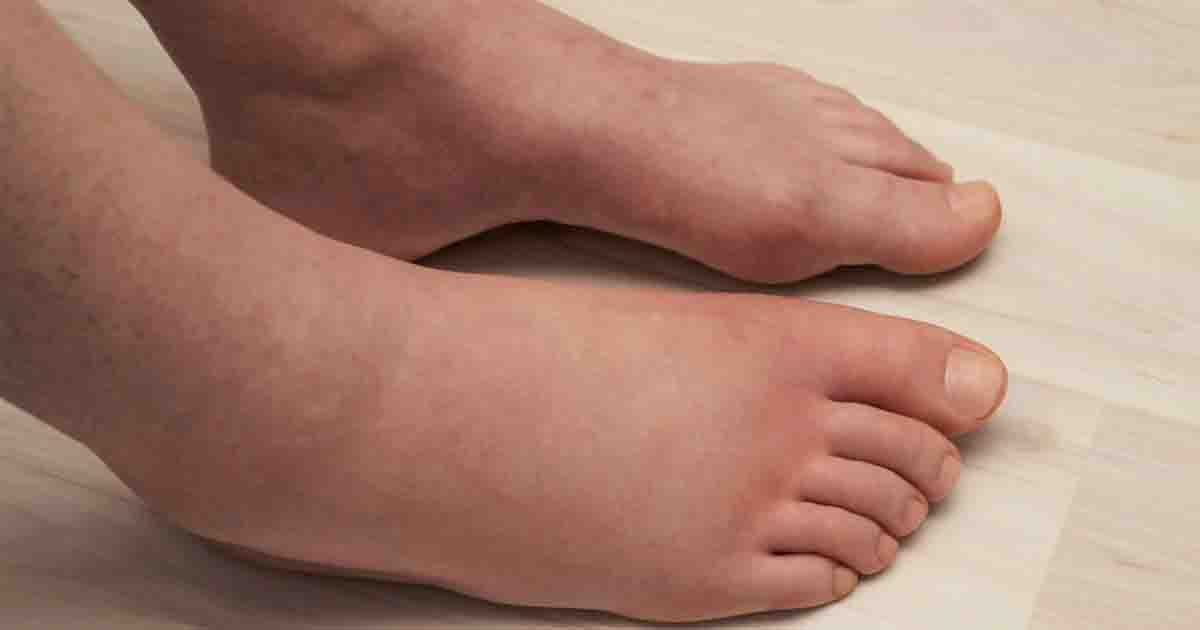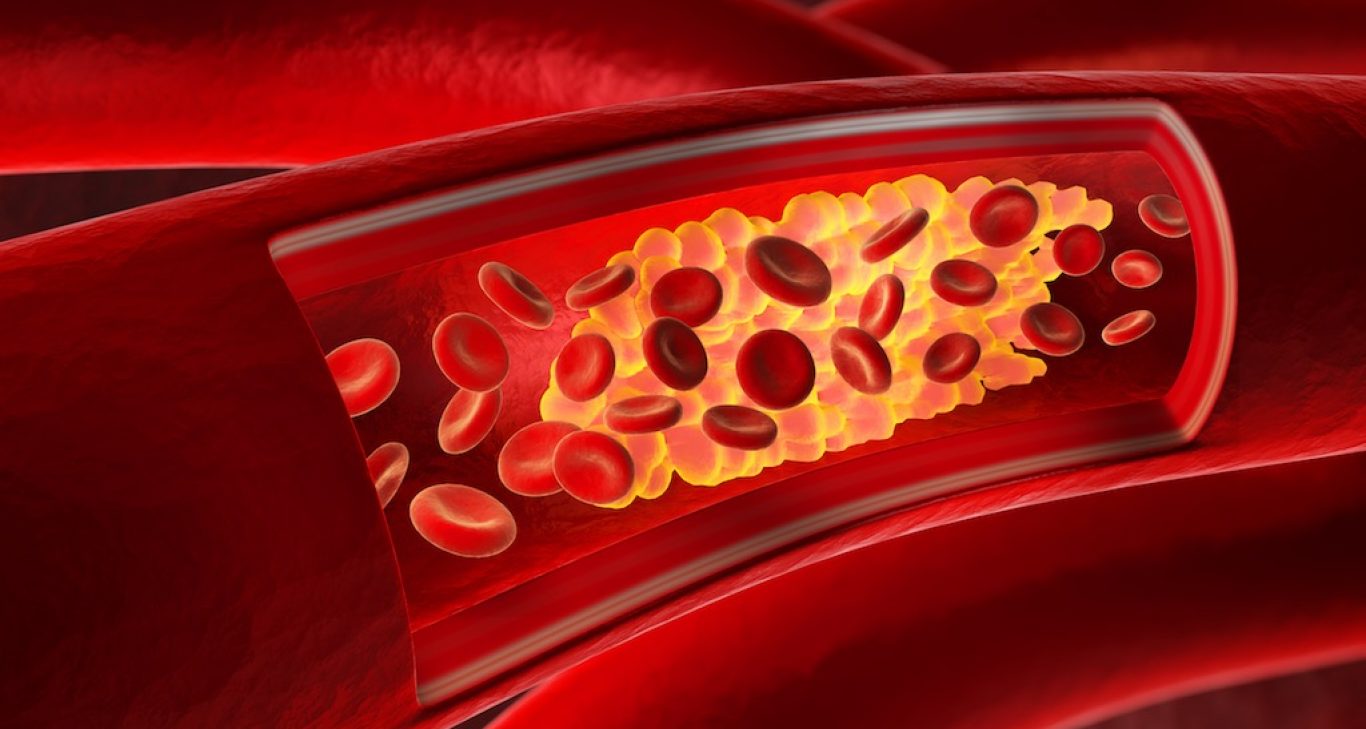
What your feet is warning you about your heart health and clogged arteries
Your feet might not be the first place you think of when you hear “heart health,” but they can actually tell you a lot about your heart. If you have pain, numbness, or swelling in your feet, it could mean serious heart problems or clogged arteries.
These symptoms can be signs of conditions like Peripheral Artery Disease (PAD) and Coronary Artery Disease (CAD), which affect blood flow in your arteries.

Understanding Peripheral Artery Disease (PAD)
Peripheral Artery Disease happens when plaque builds up in your arteries, causing blockages. This can lead to pain and cramping in your legs and feet, and in severe cases, it can even lead to limb loss. If you have trouble standing for long periods or frequently experience leg cramps, it’s important to get checked for PAD.
Testing for Clogged Arteries

Early detection of PAD can prevent serious complications. Doctors can test for PAD by checking the pulse in your feet or performing an Ankle-Brachial Index (ABI) test. This test compares the blood pressure in your ankle with the blood pressure in your arm to identify blockages. If you have a family history of heart disease or PAD, or if you notice swelling in your feet or ankles, see a doctor right away.
The Impact of Poor Circulation
Poor circulation can greatly affect your feet. Without enough blood flow, your tissues don’t get the oxygen and nutrients they need, leading to pain, numbness, and slow wound healing. Plaque buildup can worsen this by creating more blockages. If you have heart problems, you might also experience swelling in your legs and feet. Diabetics, in particular, need to be careful, as high blood sugar can cause nerve damage, making foot pain and numbness worse.
Preventing PAD and CAD
To prevent PAD and CAD, adopt a healthy lifestyle. Regular exercise and a balanced diet low in saturated and trans fats are essential. The U.S. Department of Health and Human Services recommends at least 150 minutes of moderate exercise each week. Keep your blood sugar levels in check, avoid smoking, and consult your doctor for medications to manage blood pressure or cholesterol.
Maintaining Heart Health for Healthy Feet

Your heart and feet are closely connected. A healthy heart ensures good blood flow to your feet, and staying active and eating well helps keep both your heart and feet in good condition. Regular check-ups with your doctor can help manage any underlying conditions affecting your cardiovascular and foot health. Being proactive can improve your quality of life and keep both your heart and feet healthy.
Always pay attention to what your body is telling you. Your feet can provide important clues about your heart health. Pain, numbness, and swelling in your feet might signal serious heart problems or clogged arteries.
Recognizing these signs and taking preventive steps can protect your heart and improve your overall health. If you notice any issues with your feet, talk to your doctor. Early detection and treatment are key to preventing severe complications.





